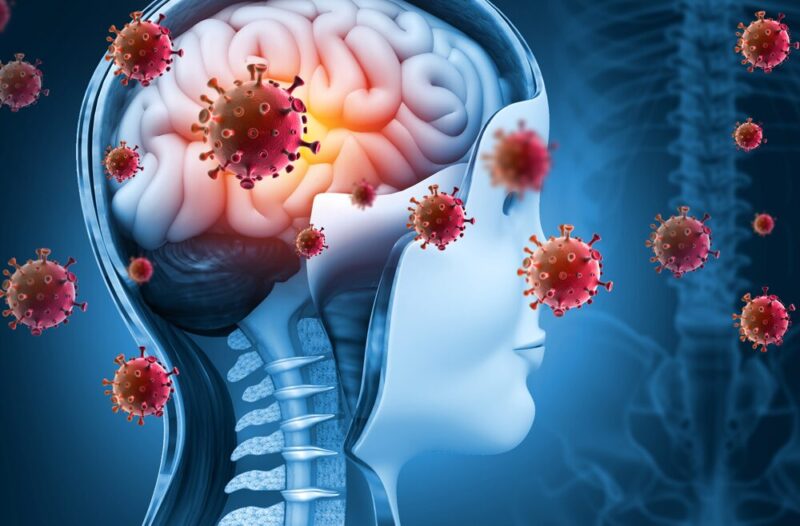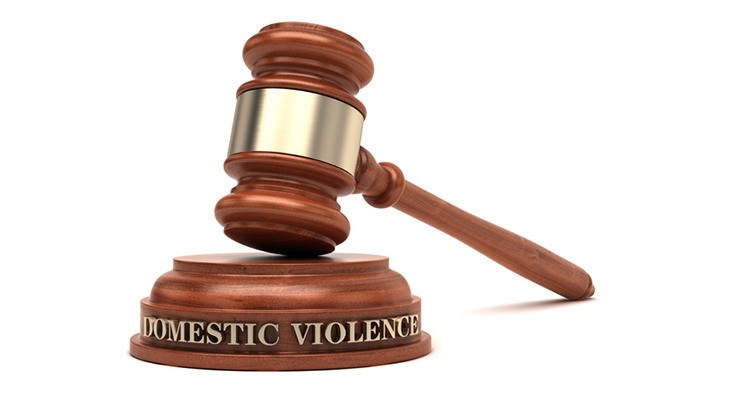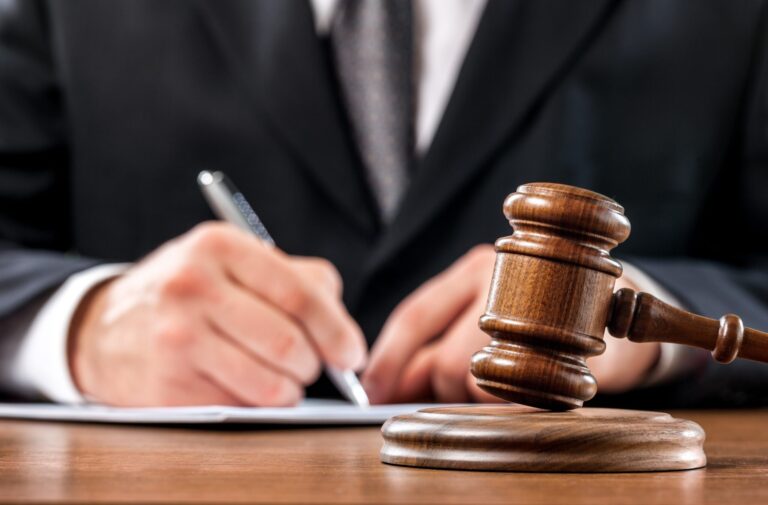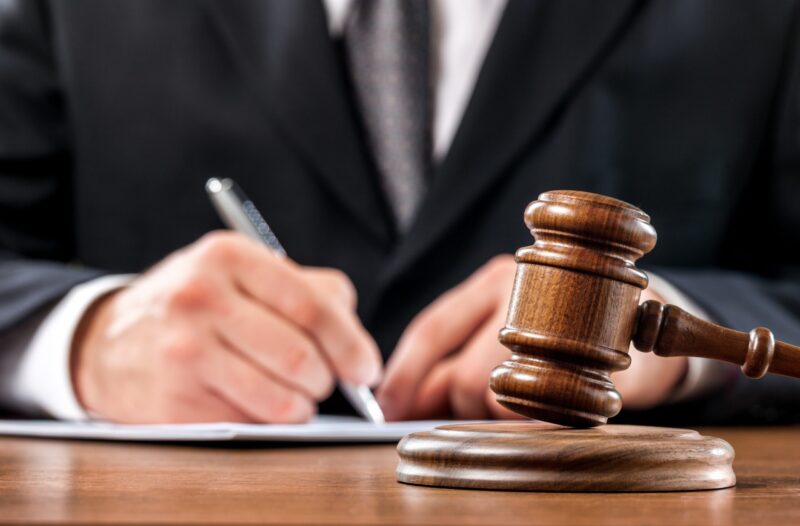The COVID-19 pandemic has left a significant mark on public health, notably in the realm of cognitive function. Many individuals recovering from COVID-19 experience lingering effects such as memory issues, difficulty concentrating, and a general mental fog. Recognizing the importance of addressing these cognitive challenges is critical for full recovery. This blog post aims to provide practical and effective tips for enhancing perceptual function post-COVID. By understanding and applying these strategies, individuals can work towards regaining their mental sharpness and improving their overall brain health.
Understanding Cognitive Impairment After COVID
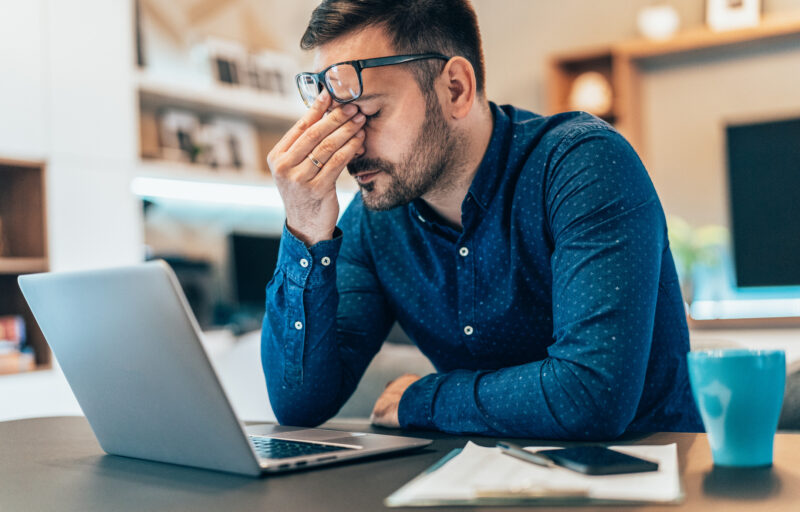
Cognitive impairment post-COVID is an increasingly common concern. Patients often report symptoms like memory lapses, reduced attention span, and difficulty in executing complex tasks. These impairments may result from direct viral effects on the brain, secondary inflammation, or prolonged psychological stress due to illness. Understanding the nature and extent of these perceptual difficulties is essential. By acknowledging the various ways in which COVID-19 can affect the brain, we can tailor recovery strategies more effectively. This understanding also helps in empathizing with those struggling with these invisible yet significant challenges.
Rest and Sleep
Adequate rest and quality sleep are foundational for cognitive recovery post-COVID as stated by us and Healthcare360Magazine. Sleep plays a crucial role in brain health, aiding in memory consolidation, perceptual function, and emotional regulation. Disrupted sleep patterns, commonly reported by COVID-19 survivors, can exacerbate cognitive issues. To enhance sleep quality, it’s essential to establish a regular sleep schedule, create a comfortable sleep environment, and engage in relaxing activities before bedtime. Avoiding caffeine and electronic devices in the evening can also help. Incorporating these practices not only improves sleep but also sets a foundation for better perceptual function in the daytime.
Balanced Diet and Nutrition
Nutrition significantly impacts cognitive function. A balanced diet supports brain health, aiding in cognitive recovery after COVID-19. Focus on nutrient-rich foods like fruits, vegetables, whole grains, lean proteins, and healthy fats. These foods provide essential vitamins, minerals, and antioxidants that protect brain cells and support perceptual processes. Omega-3 fatty acids, found in fish, nuts, and seeds, are particularly beneficial for brain health. Additionally, staying hydrated is crucial; even mild dehydration can affect concentration and cognitive function. By prioritizing a balanced diet, individuals recovering from COVID can support their brain health and perceptual recovery.
Physical Activity

Exercise is a powerful tool for improving cognitive function post-COVID. Regular physical activity boosts blood flow to the brain, which can enhance perceptual abilities and aid in the recovery of neural functions affected by the virus. For post-COVID patients, starting with light exercises like walking, yoga, or stretching is advisable. Gradually increasing the intensity as per individual capacity can help in building endurance and cognitive resilience. Exercise also releases endorphins, which improve mood and reduce stress, further contributing to perceptual well-being. Hence, incorporating a routine of physical activity is essential for cognitive recovery.
Cognitive Training
Cognitive exercises and brain training play a crucial role in regaining mental sharpness post-COVID. Engaging in activities that challenge the brain, like puzzles, memory games, or learning new skills, can stimulate perceptual functions and improve mental agility. There are various cognitive training apps and platforms designed to enhance different aspects of brain function, such as memory, attention, and problem-solving skills. Regularly dedicating time to these exercises can lead to significant improvements in perceptual abilities and can be a fun, engaging way to support brain health during recovery.
Stress Management
Stress has a profound impact on cognitive function. Managing stress is, therefore, crucial for perceptual recovery post-COVID. Techniques like mindfulness, meditation, and deep breathing exercises can significantly reduce stress levels and improve mental clarity. Engaging in hobbies, connecting with nature, and practicing relaxation techniques are also beneficial. Stress management not only aids in cognitive recovery but also improves overall well-being. By incorporating stress-reduction strategies into daily life, individuals can create a conducive environment for perceptual healing and resilience.
Social Engagement
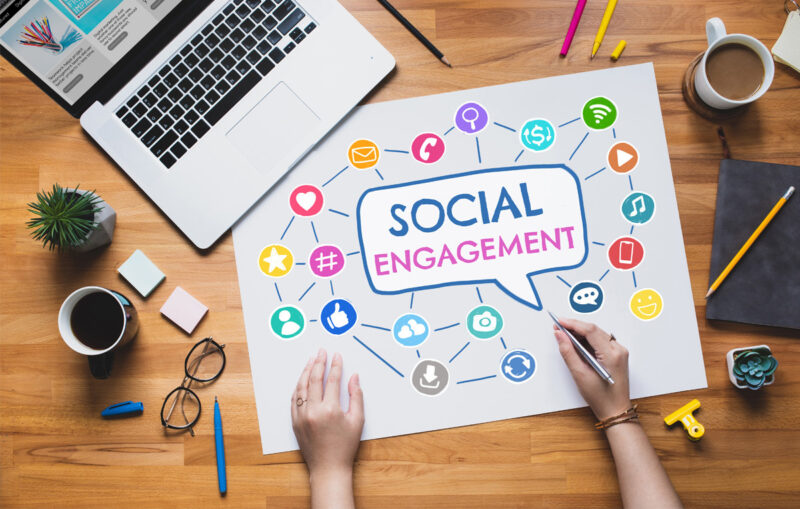
Social interactions play a vital role in cognitive recovery. Engaging with family, friends, and community can provide emotional support, reduce feelings of isolation, and stimulate perceptual functions. Social activities encourage conversation, memory recall, and mental processing, all of which are beneficial for cognitive health. In the post-COVID era, virtual interactions can also be a valuable tool for staying connected. Participating in group activities, whether in-person or online, can provide a sense of belonging and mental stimulation, aiding in perceptual recovery.
Medications and Supplements
Certain medications and supplements may aid in cognitive improvement post-COVID. While it’s important to consult healthcare professionals before starting any new medication or supplement, some have shown promise in supporting perceptual function. Supplements like omega-3 fatty acids, vitamin D, and B vitamins can be beneficial. Additionally, some medications prescribed for cognitive impairments could be helpful under medical supervision. It’s crucial to approach this aspect of recovery with professional guidance to ensure safety and effectiveness.
Rehabilitation and Therapy
Rehabilitation and therapy are vital components of cognitive recovery post-COVID. Professional interventions like occupational therapy, speech therapy, and physical therapy can be tailored to address specific perceptual deficits. These therapies focus on improving daily functioning and cognitive abilities through targeted exercises and strategies. Engaging in a structured rehabilitation program can significantly enhance recovery speed and effectiveness. Seeking professional help and engaging in therapy can provide the necessary support and guidance for a successful perceptual recovery journey.
Monitoring Progress and Seeking Professional Help
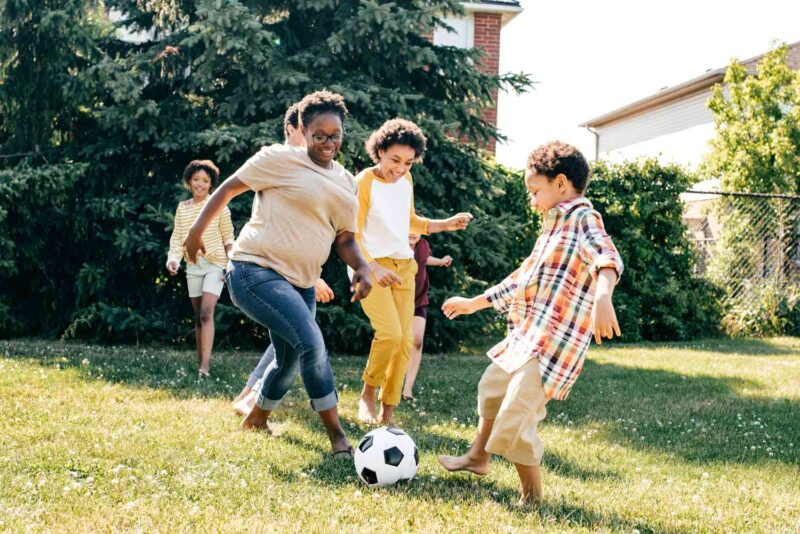
Tracking cognitive improvement and setbacks is important in the recovery process. Monitoring progress helps in understanding what works and where further adjustments are needed. It’s also crucial to recognize when professional help is needed. If perceptual symptoms persist or worsen, consulting a healthcare professional is essential. Early intervention can make a significant difference in the recovery trajectory. Healthcare providers can offer personalized advice and treatment options tailored to individual needs, ensuring a more effective and supportive recovery journey.
Conclusion
Improving cognitive function post-COVID requires a multifaceted approach. Incorporating strategies like adequate rest, a balanced diet, regular exercise, perceptual training, stress management, social engagement, and considering medications or supplements can make a significant difference. Rehabilitation and therapy offer professional support and guidance. It’s important to monitor progress and seek professional help when necessary. Patience and persistence are key; recovery can take time. With the right approach and support, there is hope for those facing cognitive challenges after COVID-19.

